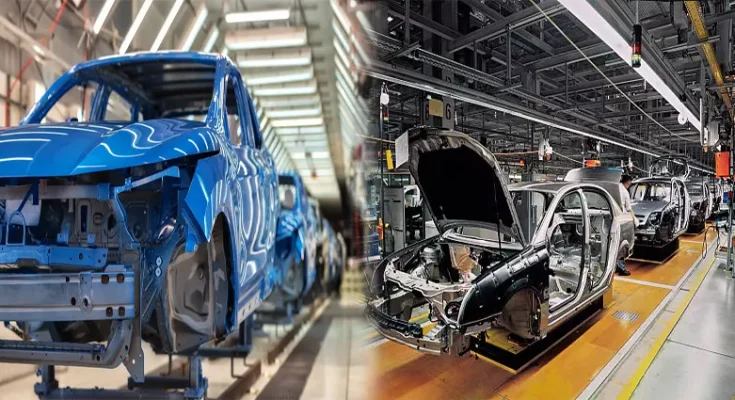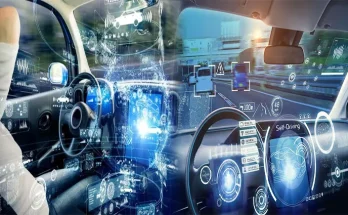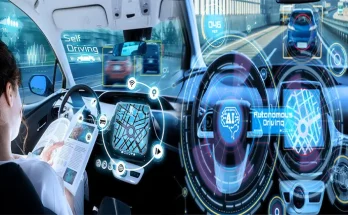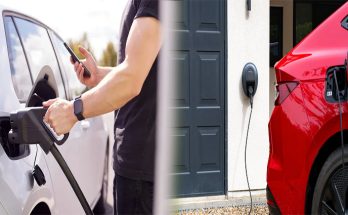The automobile industry is on the brink of transformative change as we approach the year 2025. With a growing focus on sustainability, innovation, and technology, the future trends in the automotive sector are shaping a new era of transportation. In particular, the push towards sustainable transportation solutions is driving significant developments in electric vehicles, autonomous driving, and eco-friendly practices.
Rise of Electric Vehicles (EVs)
One of the most prominent trends in the automobile industry leading up to 2025 is the rise of electric vehicles (EVs). With advancements in battery technology, charging infrastructure, and government incentives, EVs are becoming increasingly mainstream. By 2025, it is projected that a significant portion of new vehicles on the road will be electric, signaling a shift away from traditional gasoline-powered cars towards more environmentally friendly alternatives.
Autonomous Driving Innovations
In parallel with the rise of electric vehicles, autonomous driving technology is poised to revolutionize the way we think about transportation by 2025. Self-driving cars equipped with advanced sensors, artificial intelligence, and machine learning algorithms are expected to become more prevalent on the roads, offering enhanced safety, efficiency, and convenience for passengers. As automakers continue to invest in autonomous driving capabilities, the future of transportation will be shaped by the integration of self-driving technology into everyday vehicles.
Sustainable Practices and Eco-Friendly Initiatives
In response to growing concerns about climate change and environmental sustainability, the automobile industry is adopting eco-friendly practices and sustainable initiatives to reduce its carbon footprint. By 2025, we can expect to see more automakers investing in renewable energy sources, recyclable materials, and energy-efficient manufacturing processes to promote a greener supply chain. Additionally, the shift towards shared mobility services, such as ride-sharing and carpooling, will contribute to a more sustainable and efficient transportation system.
Infrastructure Development for Sustainable Transportation
Another key trend leading up to 2025 is the development of infrastructure to support sustainable transportation solutions. Governments, city planners, and transportation authorities are investing in smart infrastructure, electric vehicle charging stations, and bike lanes to encourage the adoption of eco-friendly modes of transportation. By expanding access to sustainable transportation options, cities can reduce traffic congestion, improve air quality, and enhance the overall quality of life for residents.
Collaboration and Innovation
As we look towards 2025, collaboration and innovation will play a crucial role in shaping the future of the automobile industry and sustainable transportation. Automakers, technology companies, government agencies, and consumers must work together to drive meaningful change and embrace new technologies that promote a cleaner, safer, and more efficient transportation ecosystem. By fostering a spirit of collaboration and embracing innovation, we can create a more sustainable future for generations to come.
The future trends in the automobile industry and sustainable transportation leading up to 2025 hold immense promise for creating a more environmentally friendly, efficient, and innovative transportation landscape. With the rise of electric vehicles, advancements in autonomous driving technology, a focus on sustainable practices, and investment in infrastructure development, the automotive sector is poised to undergo a significant transformation in the coming years. By embracing these trends and working together towards a common goal of sustainability, we can pave the way for a cleaner, greener, and more sustainable future in the world of transportation.





